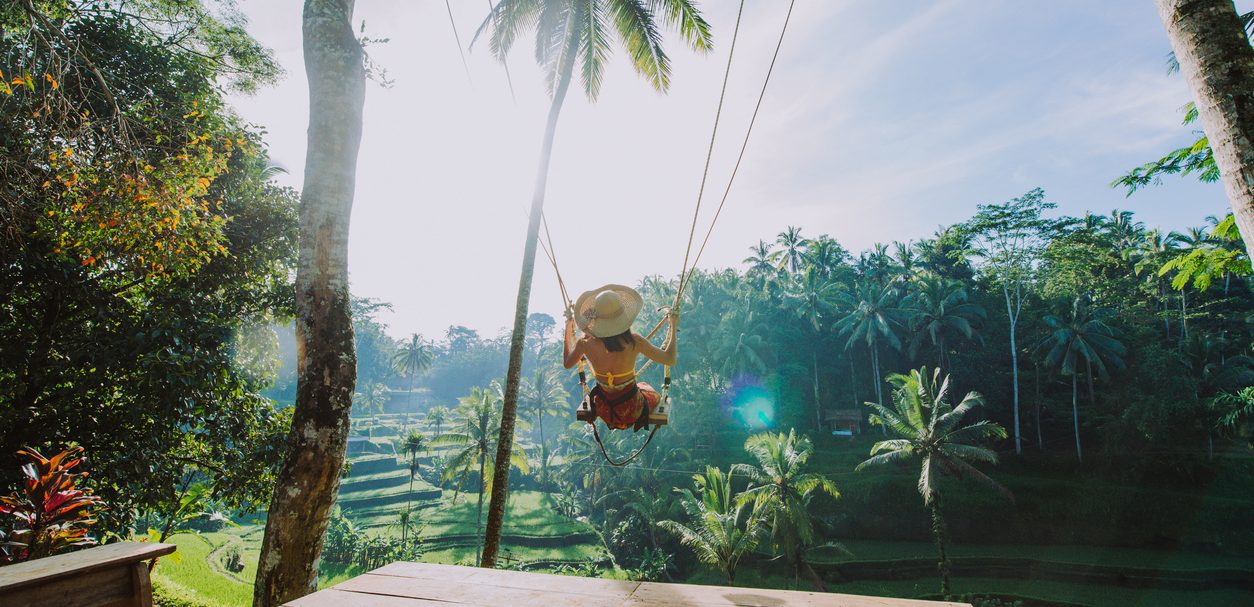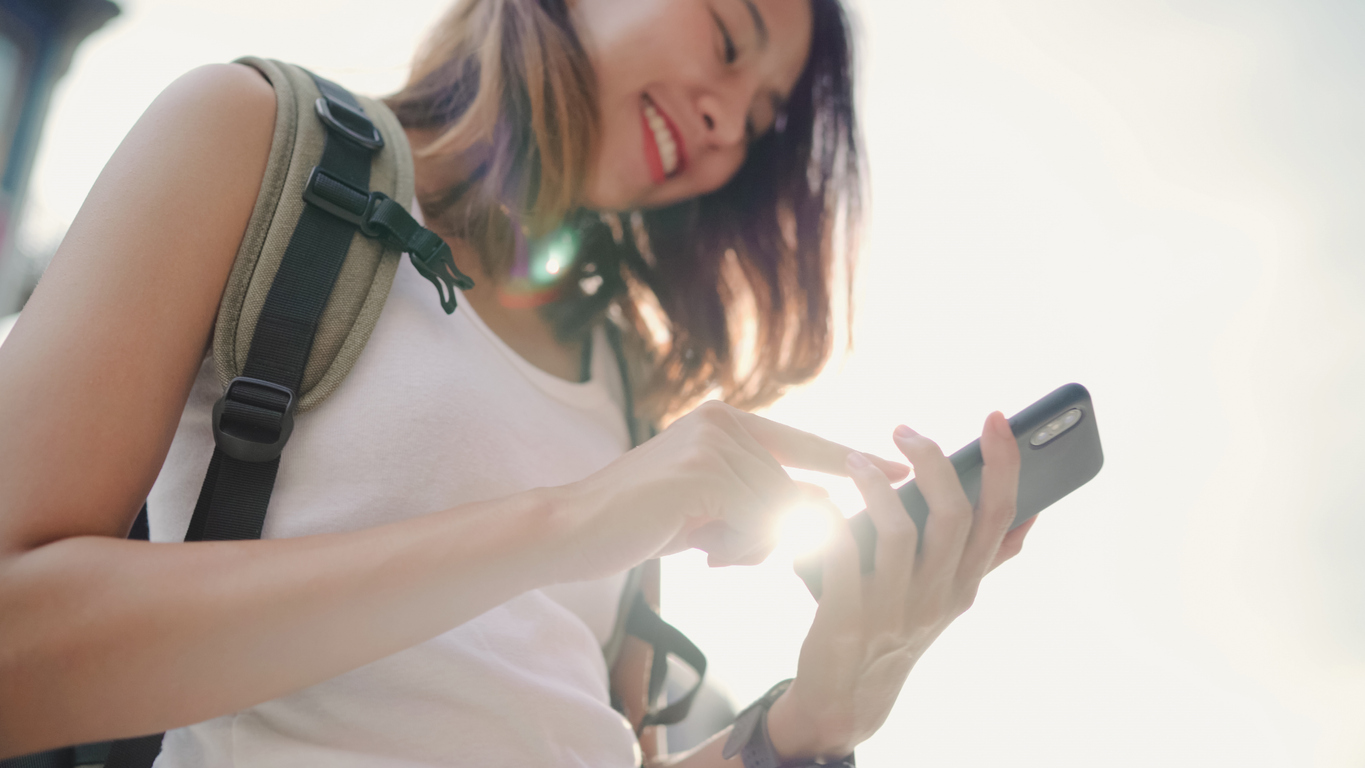
Travel Safety
General Advice
Before Traveling
Passports
Emergency Contacts
Mobile Phone
Electrical Gadgets
Money
On the other hand, if you are traveling in remote areas, chances are those places won’t have automated teller machines. This would require you to bring a few amount of money in hand. Make sure that you have it converted to the currency of your destination country.
Health
Make sure that you have taken the proper vaccinations needed. If you have a pre-existing condition, it is advisable to get a photocopy of your updated medical prescription from your physician. If you are pregnant, take extra pre-cautions and make sure you follow your doctor’s travel advice.
If you purchased travel insurance, make sure that you have read the policy wording agreement with regards to health coverage that they can give.
Safety
Luggage
What to put inside your luggage depends on the location of your destination. However, here are some basic things that you may include in your luggage:
- Sunglasses
- Eyeglasses, contact lenses
- Jackets/sweaters
- Extra batteries
- Sun cream
- Scarf
- Map
- Compass
- Slippers
- Flashlight
- Cushion pillow
- Mosquito repellant
Consulting Your Doctor
Why is it recommended for you to visit your doctor before you travel? It actually allows you to have an idea on what health concerns are you going to face when you are going away.
- Vaccinations – your doctor can help get the right vaccines and medicines you or your kids may need for the travel. Just make sure that you provide all necessary information required. Their recommendations may vary depending on your health history or condition, age, which country you are traveling, length of the trip, activities you will involve during the trip and others.
- Some of the immunizations include vaccines for influenza, typhoid, hepatitis, yellow fever, tetanus, meningitis, malaria, and many more. These are advantageous especially when you are traveling with kids.
Don’t hesitate to talk to your physician about your travel plans. He may give you additional health advice like buying mosquito repellent creams, sun protection products, ointments, etc. depending on season of the area you are going at. He will also guide you about the possible side effects of the medication you are taking.
While Taking the Plane
Taking the plane would be the most convenient way to move from one country to another. However, it can also be accompanied by discomfort at the same time. Two of the most conditions that passengers cannot avoid is having a jet lag and bloating.
Following some of these simple instructions may help feel more comfortable during a long flight. To avoid getting bloated, try to minimize consuming these foods and liquids.
- Gas causing foods & drinks – these include soda, beans, chilies, chewing gums
- Dehydrating drinks such as coffee and alcohol. It makes you feel uneasy when you are dehydrated
- High-fat & high-sodium foods which they include French fries, burgers, burritos and many more. Because of the high altitude during the flight, our stomach finds it hard to digest these kinds of foods, which can lead to bloating
- Fibrous fruits – these include apples and oranges as the most popular types. Too much fiber in foods can cause the stomach some indigestion. Additionally, these foods are high in vitamin c which means there is a certain amount of acid that can make us urinate more often.
During the flight
Make sure that you choose a good seat. If you are planning to sleep the whole time, the best place would be near the window. However if you want to have easy access to the toilet or you would love to stretch yourself regularly, it would be better to take the aisle seat.
The atmosphere in a flying airplane can be so dry. To combat that dryness, make sure that you rehydrate yourself regularly while on the flight. Drink plenty of water every 2 hours. If you are wearing contact lenses, remove it or use an eye drop solution regularly to humidify your eyes.
Some people may experience air sickness such as dizziness, vomiting, and nausea. This is the reason why you need to bring some over-the-counter medications for prevent these problems. Read how to pack first-aid-kit. Additionally, avoid those foods being mentioned above.
For a long flight, it would better if you carry neck pillows and an entertainment set with you. Additionally, you can also bring some chocolate bars for snacks, or bring a book to read.
When the plane has landed
If problems persist, it is advisable to call your doctor. This is the time that you may need to use your travel insurance as they may assist you with your health issue.

